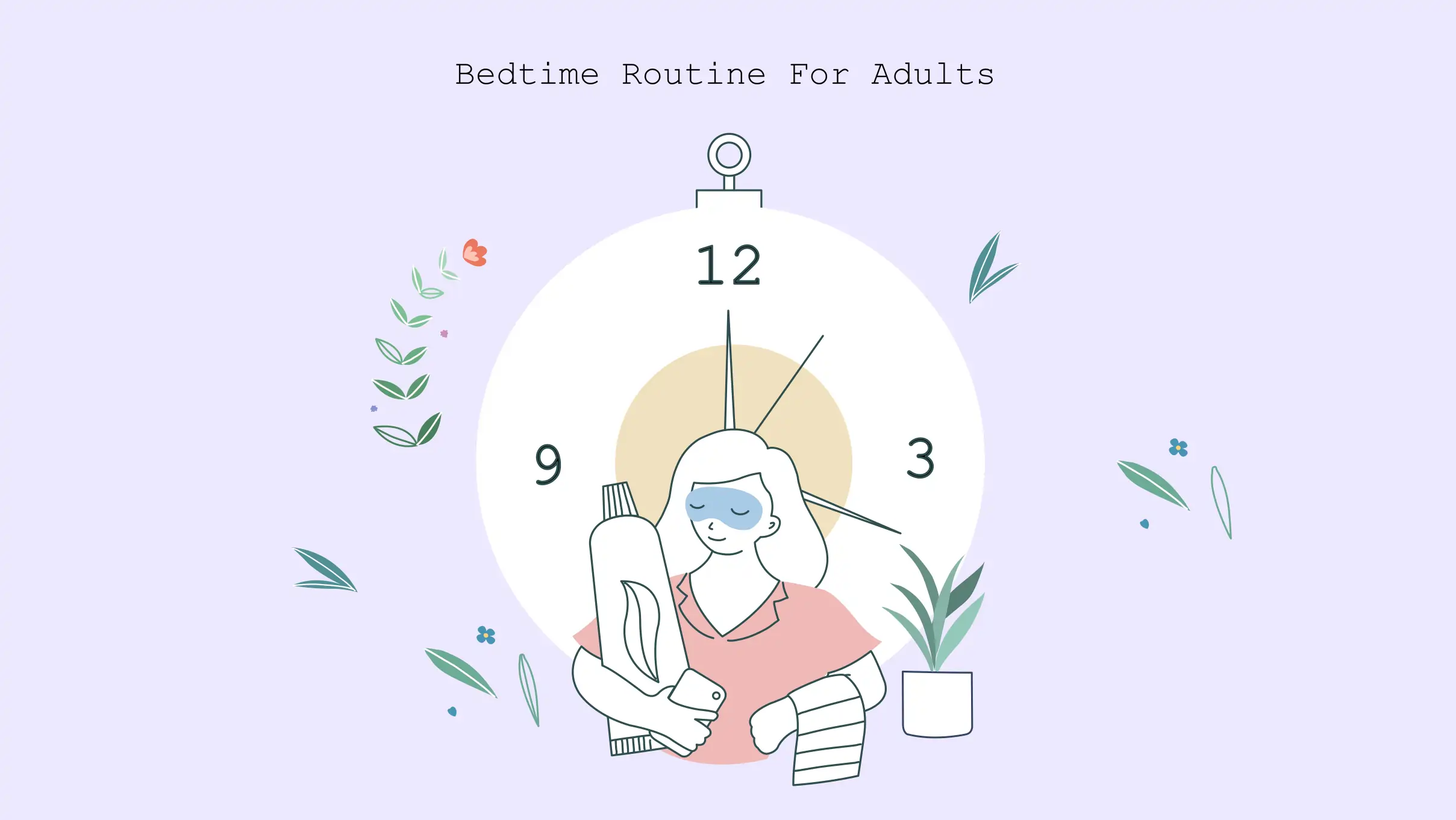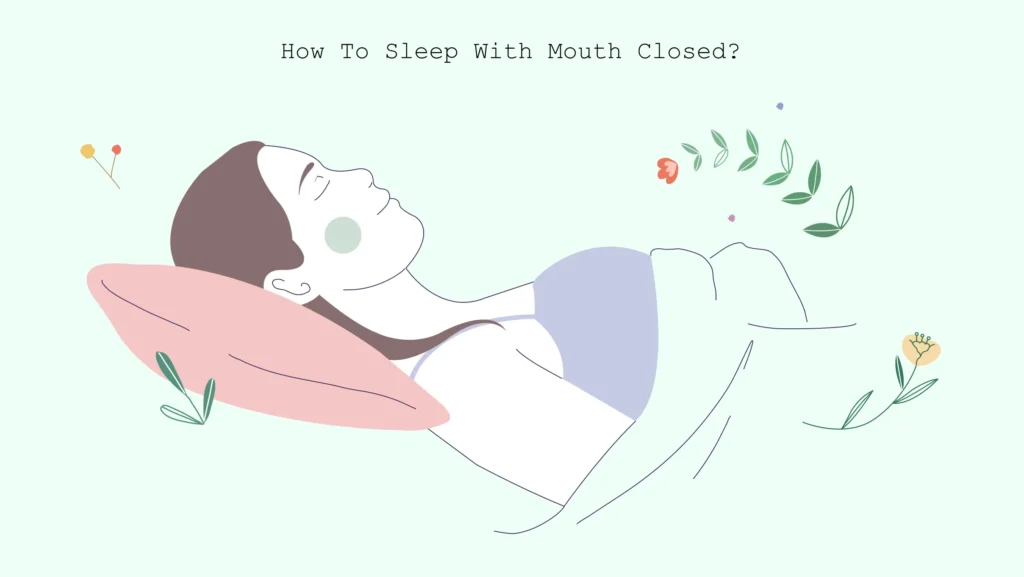11 Bedtime Routines for Adults
Fact Checked
Up to date
Update: April 24, 2023
Share
Written by

Content Writer

0
people like this article
Share
Written by

Content Writer
Bachelor's in English Literature and Health Sciences
Previously wrote blog articles for various Doctors for their websites
Familiarity with various content management systems and SEO best practices







